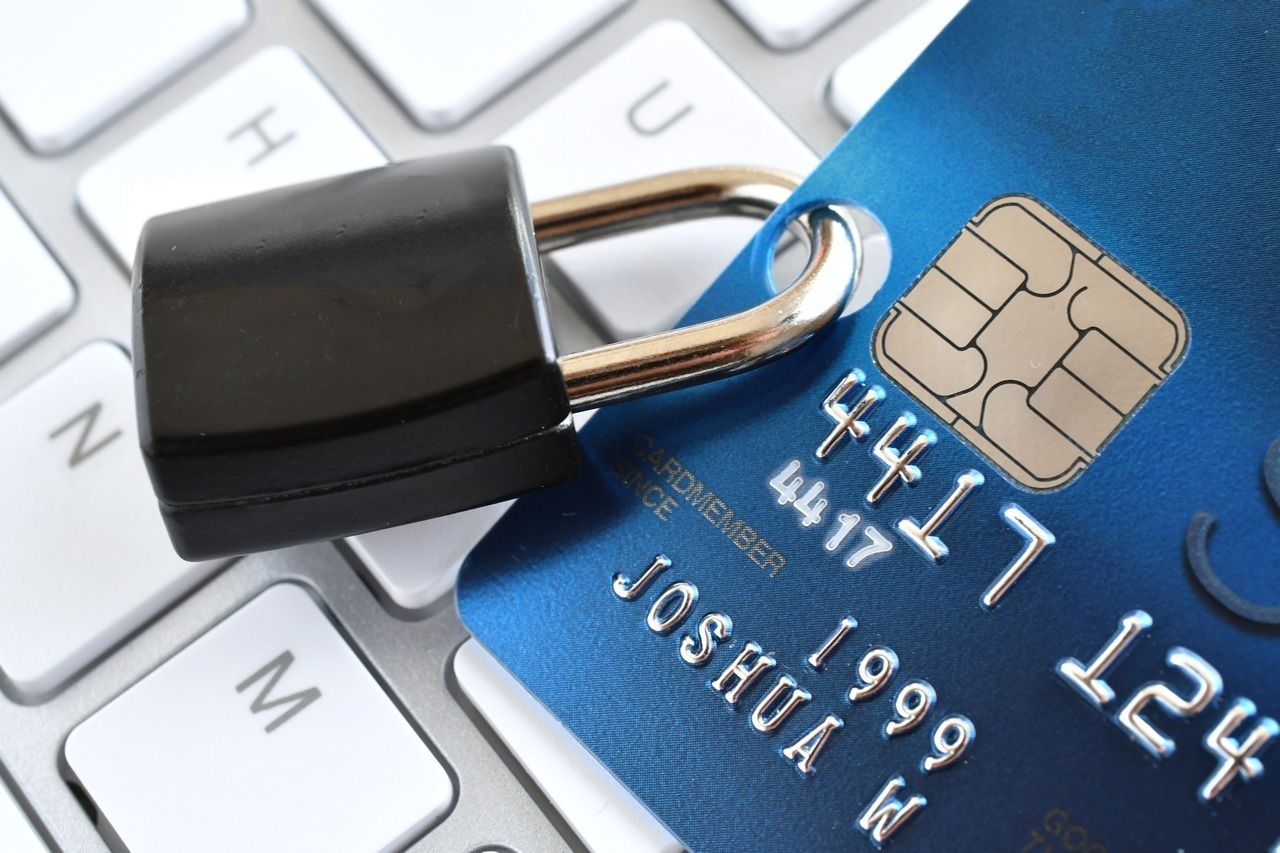By John Klein
Hackers and con artists can obtain information that will enable them to assume your identity online in a variety of ways. Sometimes the identity of another individual is stolen for no other reason than to torment the victim. However, there are other identity thieves whose goal is to defraud unwitting victims of as much money as they can.
Understanding how these crooks work might help you protect your online identity. You may avoid online traps that allow scammers to conduct fraudulent transactions in your name by getting the correct education.
1. Phishing ripoffs
One of the most popular methods used by con artists to steal identities is phishing. Never enter your information on a website unless you are certain that it is secure and legitimate. Do not click on the offered link if you receive emails or messages suggesting there is a problem with one of your accounts. If it's a phishing scam, you'll be taken to a fake website where the con artist can steal your login information.
Always access the website of the relevant company or service provider. To determine if the contact was real, you can also get in touch with an authorized agent. A message alert is almost always a phishing scam if it requests critical personal information from you, including your username and password.
2. Virus Defense
Professional con artists can access your device and monitor your online activity by using hijacked websites. The installation of what is known as a key-logger on your device is possible if the scammer is skilled enough in using and deploying software via a website. Once installed, the covert key-logger will log every keystroke you make, including the login information for your accounts with banks and online stores.
After then, the con artist has access to your accounts and can do numerous activities, such making online purchases. The majority of con artists operating at this level take care to make modest initial purchases to avoid arousing suspicion. However, there is a very significant chance that once they have access to another account, they may start making pricey purchases before you realize there is a problem.
3. Authentic Passwords
Identity theft can be prevented in large part by following good password practices. Scammers will find it easier to access your bank or credit card account if you use the same password for all of your accounts. All of your other accounts can be compromised with only one compromised account. But you can reduce the possible harm if you use special passwords.
An extended password with a variety of characters offers additional security. For instance, “Password1” is a weak password, whereas “T47!Gh1S?952” is significantly more difficult for a con artist to guess. If you can't recall the password, don't worry. Make sure to update your passwords every 30 days and use a password manager to save all of your individual login information.
4. Trustworthy websites
The majority of consumers use search engines to compare the costs of goods they want to buy. Usually, the top of the page of your search results will include a list of websites that sell the item. Even though these websites typically have a good reputation, it is a good idea to double-check that your purchase will be secure. The “https” prefix in the website address is the first item to check for. This indicates that the website offers a secure connection and encrypts any information you input. To obtain a sense of the customer experience, it also helps to look up reviews of the retailer.
Although https is designed to shield consumers from criminals trying to steal their personal information, it does have flaws. Use of a Virtual Private Network is advised to add an additional degree of security (VPN). You may buy software that will hide your location and offer encryption for any information you transmit on the internet.
5. Maintain Your Information's Privacy
You wouldn't enter a crowded public space and begin yelling out your personal details. Why do it online then? It's simple to make the mistake of believing that your online profiles are a safe haven. Scammers, on the other hand, are waiting in every corner to take the important data you voluntarily share in forums, groups, friend posts, and even your own profile.
6. Online Theft Warning Signs
You should constantly be actively involved in keeping an eye on your crucial accounts. Ensure that you receive monthly statements, and periodically review recent purchases. Just a few of the services that con artists target include banks, internet shops, and mobile phone accounts. Keep an eye out for identity thieves and stop them before they empty your bank account.
7. Certificates for SSL
Small secret data files similar to SSL Certificates are used to establish secure connections between servers and browsers. Authentication and encryption are provided by a valid SSL certificate. As a result, you may be certain that the information you submit is going to the correct server and not to a hacker who wants to steal your data. Your site domain and all of its subdomains are protected by a wildcard SSL certificate. Here is a list of vendors offering affordable wildcard SSL certificates so you may save money. Secure your website right away.


